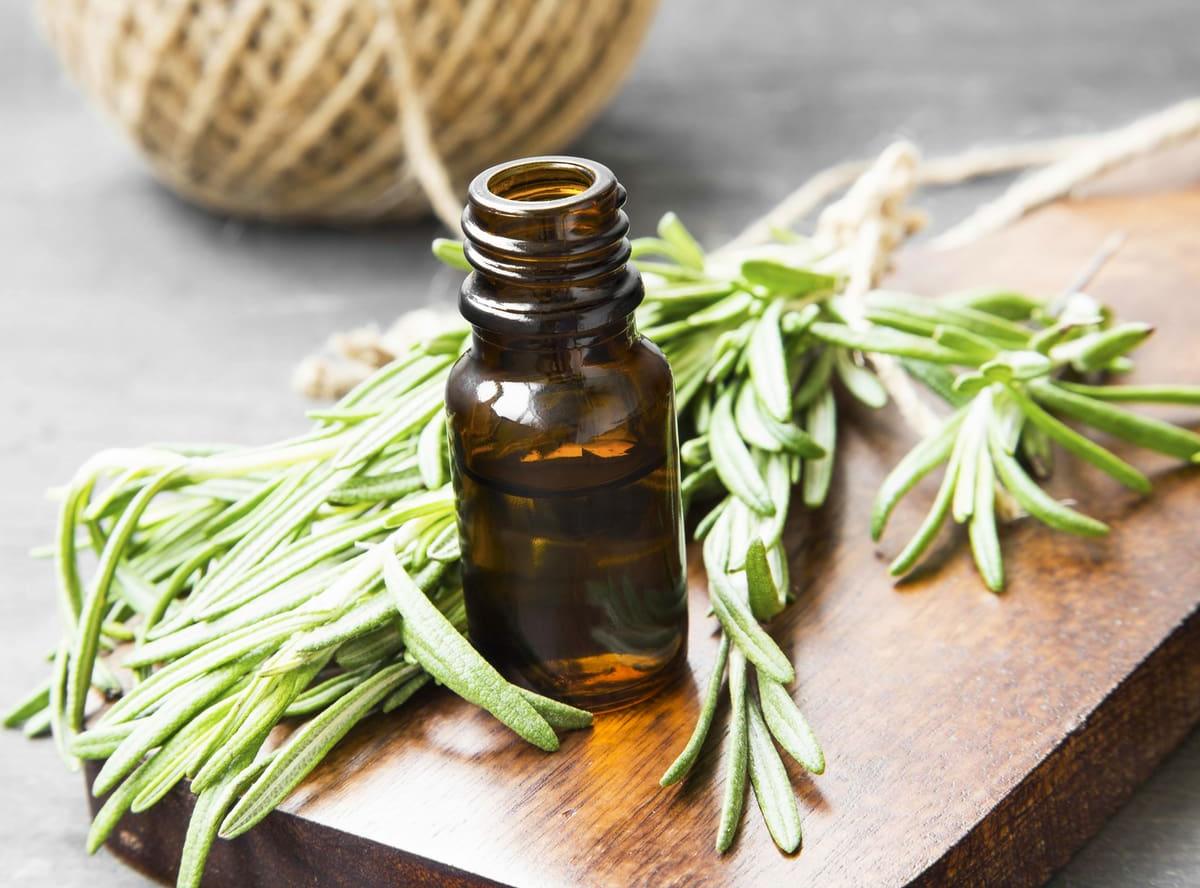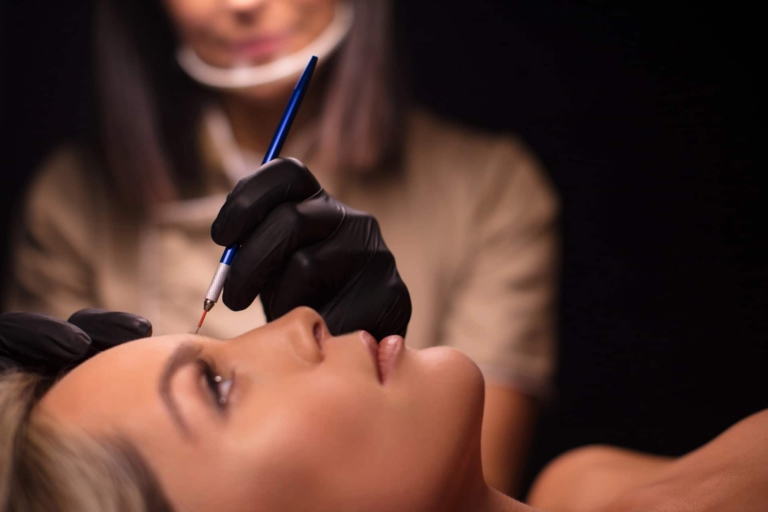How to use rosemary oil for your hair?
Rosemary oil is added to natural hair cosmetics.
Daily care with rosemary oil not only benefits hair condition, but also influences mental clarity and concentration.
It nourishes hair roots, rebuilds and protects the hair surface while stimulating hair growth.
This oil relaxes and stimulates dry scalps, promoting the epidermis’ natural self-regulation.
Adds shine to hair and cares for ends, protecting them from harmful external influences.
It regulates the sebaceous glands, prevents greasy hair, reduces dandruff and bacterial scalp diseases.
Rosemary oil has antifungal and antibacterial properties.
It strengthens the hair follicles, which hair growth..
It accelerates hair growth and reduces hair loss.
It regenerates split ends, prevents dryness and prevents mechanical and chemical damage.
After a rosemary oil treatment, hair is smoother and shinier, easier to style and handle, and more voluminous.
Rosemary is an evergreen shrub with needle-like leaves.
In addition to its decorative qualities, it is a valuable source of essential oil and one of the world’s most popular aromatic and medicinal plants.
Rosemary oil has antioxidant properties.
It is rich in rosemary acids, which improve cognitive function.
Rosemary oil’s most important action:
- Helps overcome mental fatigue
- Improves concentration and memory
- Stabilizes blood pressure
- Relieves anxiety
- Improves scalp and hair condition
Properties of rosemary oil:
Natural rosemary essential oil is most often obtained by steam distillation of the plant’s flowering tops and leaves.
After distillation, it can be colorless or pale yellow.
Its strong, refreshing aroma is herbaceous and mint-like, with woody and balsamic notes.
The main constituents of rosemary oil are alpha-pinene, borneol, beta-pinene, camphor, bornyl acetate, camphene, 1,8-cyneol and limonene.
Rosemary leaves are commonly used to season foods, but the plant has also been widely used for a variety of medicinal purposes.
In traditional medicine, rosemary is used as a stimulant and mild analgesic.
It is considered one of the most effective herbs for treating headaches, poor circulation, inflammatory diseases and physical and mental fatigue.
Rosemary has also been used in folk medicine as a choleretic and liver protector.

Rosemary oil for hair
When coloring hair with natural henna-based dyes.
A few drops of the oil, added to the diluted dye, give it a smooth, easy-to-apply texture, softening the hair and adding shine.
Rosemary oil is used in hair care.
When rubbed into the scalp, it improves blood circulation and stimulates hair follicle growth.
Used regularly, rosemary oil considerably lengthens hair, prevents hair loss and slows the graying process.
By moisturizing the scalp, it helps reduce dandruff.
A side effect is a noticeable darkening of the hair.
It is also used to treat androgenetic alopeciabetter known as male pattern baldness, although it also affects women.
In one study, men with androgenetic alopecia massaged their scalps with diluted rosemary oil twice a day for six months.
As a result, they experienced the same hair growth as those who used minoxidil, a common treatment for hair regrowth.
In addition, people who used rosemary oil reported less scalp itching than those who used minoxidil, suggesting that this oil is better tolerated than synthetic compounds.
Other studies indicate that rosemary oil can combat patchy hair loss or alopecia areata.
When sufferers rubbed their scalps with a rosemary oil mixture every day for seven months, 44% saw an improvement in hair loss, compared with just 15% in a control group using neutral jojoba and grapeseed oils.
“One of my biggest dreams is that my company will be able to change the course of one family’s life, one child at a time by giving back to the community.”







